Octopus is one of the most exquisite seafood delicacies, combining an unique flavor and texture.
However, its preparation often intimidates novices in the kitchen, as it requires specific techniques and attention to detail. However, with the right tips and approach, you can create a dish that impresses with its flavor and elegance.
Here are the most important tips for preparing delicious octopus:
Choosing the Right Octopus
The quality of the octopus is key to the final result. Fresh octopus should have a clean and light scent of the sea, and its texture should be smooth and elastic. If you don't have access to fresh octopus, frozen is also a good option, as freezing helps to soften the meat, making it more tender when cooking.
Cleaning the Octopus
Before you start cooking octopus, it is important to clean it well. Remove the beak, eyes and entrails if they have not already been removed. Wash it under cold water to remove any sand or dirt. Some people prefer to peel the skin after cooking, but this is a matter of taste and preference.
Preparation: Tenderizing the Meat
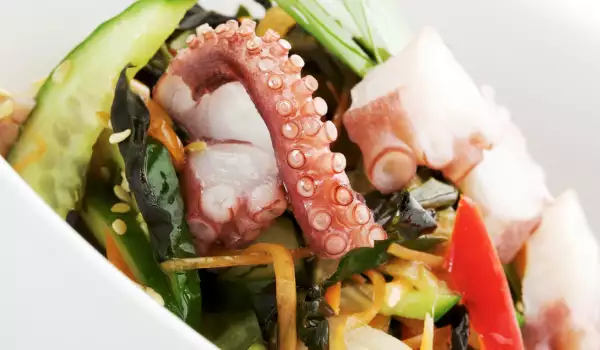
Octopus is known for its toughness if not properly cooked. There are several popular methods to tenderize the meat. One of them is freezing, which we have already mentioned. Another method is mechanical tenderization, in which the octopus is pounded with a kitchen hammer or "massaged". In some Mediterranean recipes, the octopus is boiled with wine vinegar or wine to make it more tender.
How to Boil Octopus Properly
Boiling is a key step in preparing octopus. To achieve the perfect texture, start with a pot of lightly salted water and add aromatic spices like bay leaves, black pepper, and garlic. The water should be hot but not boiling when you place the octopus in it. Boil over low heat, with cooking time depending on size—a small octopus will take about 30-40 minutes, while larger ones can take up to 90 minutes. Check the meat with a fork—it should be tender but not falling apart.
Alternative Cooking Techniques
In addition to boiling, octopus can be grilled, sautéed or even baked. Once cooked, grilling adds a smoky flavor and a delicious crispy skin. To do this, cut the tentacles into smaller pieces, drizzle them with olive oil and add spices, then grill them for a few minutes on each side. For a more exotic flavor, you can cook it over low heat with tomato sauce, olives and capers.
Spice and Marinades
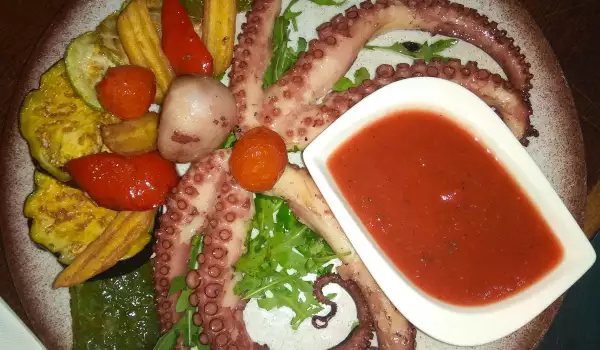
Octopus has a neutral flavor that easily absorbs the aroma of spices and marinades. Lemon juice, garlic, fresh herbs like parsley and coriander, and olive oil are classic additions that highlight the flavor of the meat. If you prefer a stronger flavor, you can use soy sauce, ginger and chili peppers for an Asian touch.
Serving the Octopus
Serving octopus can be as creative as you want. Slice it thinly and serve it as part of a salad with arugula, cherry tomatoes and balsamic dressing. Alternatively, serve it as a main course with a side of potatoes, rice or grilled vegetables. Don't forget a few slices of lemon for freshness.
Storage and Reuse
If you don't eat the whole octopus at once, you can store it in the refrigerator for 2-3 days or freeze it for longer. The remaining meat is great for adding to soups, pasta or risotto.
Find out how to prepare a tender octopus as well as how long to cook octopus to prevent it from becoming tough.
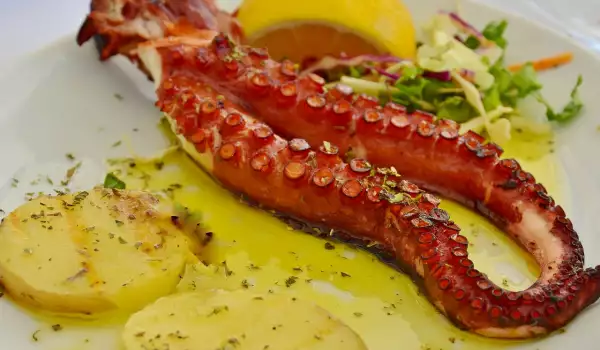
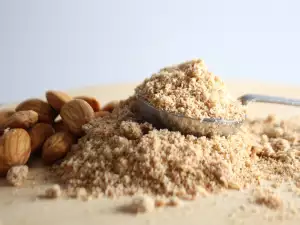
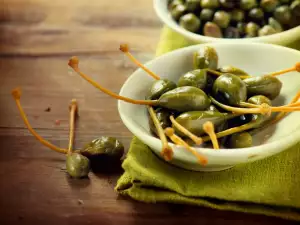



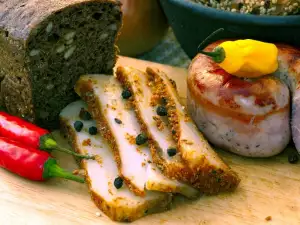
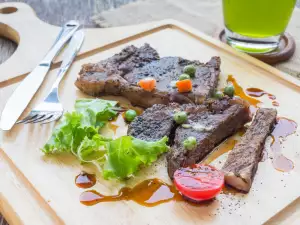


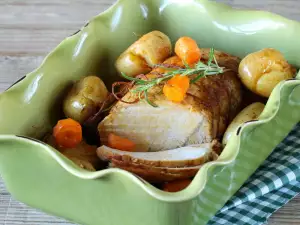
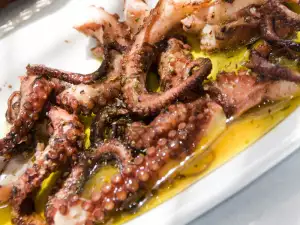

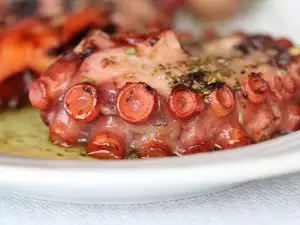
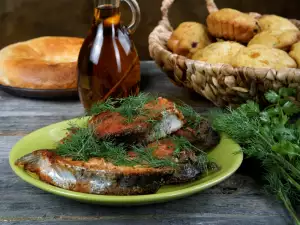
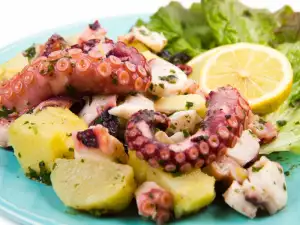




Comments